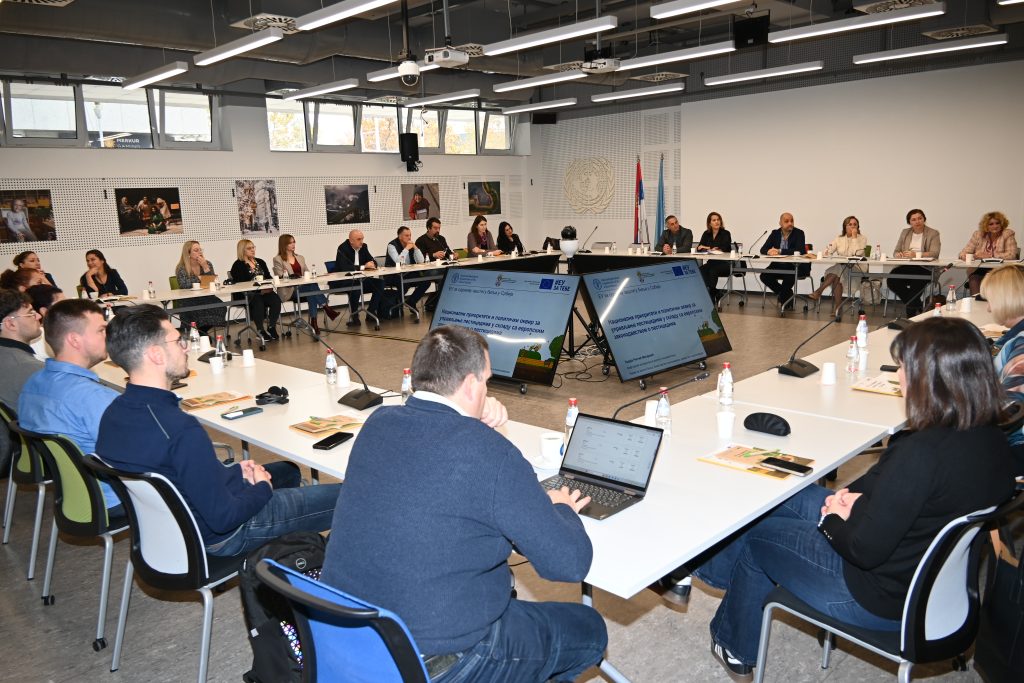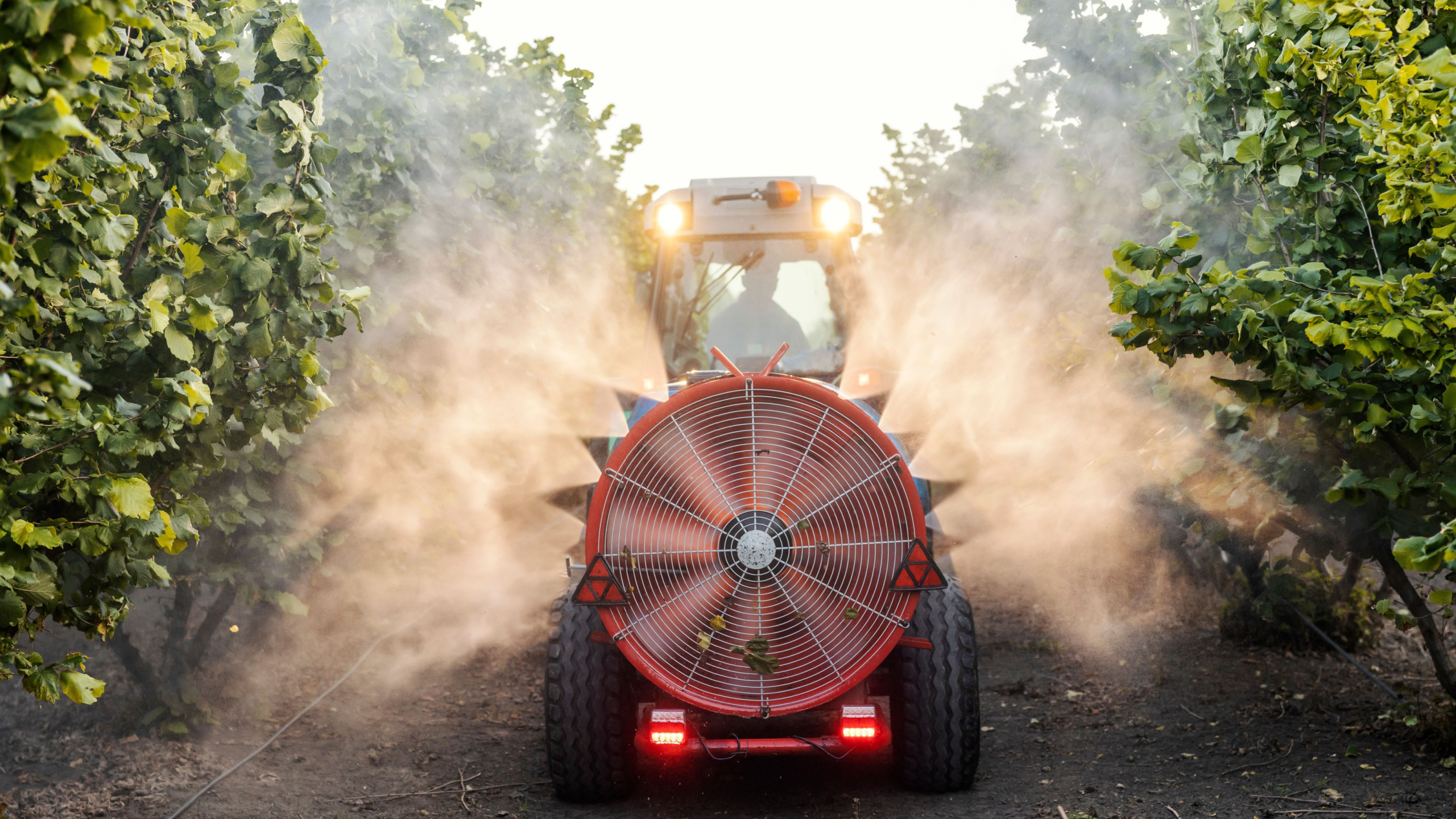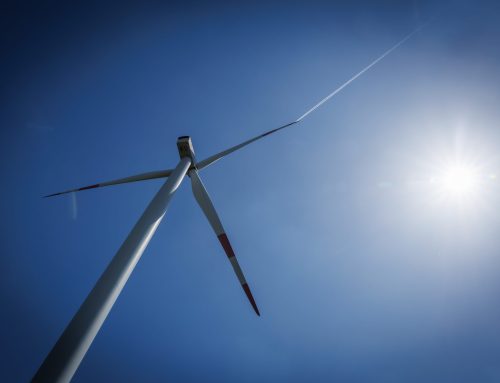At a time when the world is increasingly turning its back on chemically intensive agriculture, Serbia is taking a decisive step towards sustainable solutions. On 20 November 2025, a two-year project titled “EU for Sustainable Plant Protection in Serbia” was officially launched in Belgrade. The project is funded by the European Union and implemented by the Food and Agriculture Organization of the United Nations (FAO) in close cooperation with the Ministry of Agriculture, Forestry and Water Management and other national partners.
The event, held at the United Nations building, brought together representatives of key ministries (agriculture, environmental protection, and European integration), the Delegation of the European Union, the academic community, agricultural vocational schools and advisory services, the private sector, and FAO. The purpose of the inaugural workshop was to present the project and jointly validate the work plan, thereby laying a solid foundation for its successful implementation.
Tatjana Brankov, Special Adviser to the Minister of Agriculture, emphasized that Serbia already has a strong base for the green transition, but further efforts are needed to strengthen institutional and operational capacities, improve monitoring, raise awareness among farmers, and promote the correct and reduced use of plant protection products.

The project directly supports Serbia’s alignment with two key European Union strategies – “Farm to Fork” and “Biodiversity 2030” – both of which call for a significant reduction in the use and risk of pesticides. Serbia has already established a modern legal framework through the Law on Plant Health and the Law on Plant Protection Products, and the next crucial steps involve enhancing control mechanisms, improving inter-institutional coordination, and providing comprehensive education to all stakeholders in the food production chain.
Sustainable plant protection brings safer and healthier food to our tables, reduces pollution of soil, water and air, preserves biodiversity and natural ecosystems, increases the competitiveness of Serbian agricultural products on the European market, and lowers risks to human and animal health.
This project is not merely technical assistance; it is part of a broader vision in which agriculture becomes an ally of nature rather than its adversary. Through it, Serbia demonstrates its readiness to actively participate in the European Green Agenda and to place the health of its citizens and the preservation of the environment at the very heart of its agricultural development.
A greener field today means a healthier Serbia tomorrow.
Read more:
New funding allocated for farms, crops, and renewable energy projects
Continuation of the partnership between Serbia and the EU in the field of agriculture




